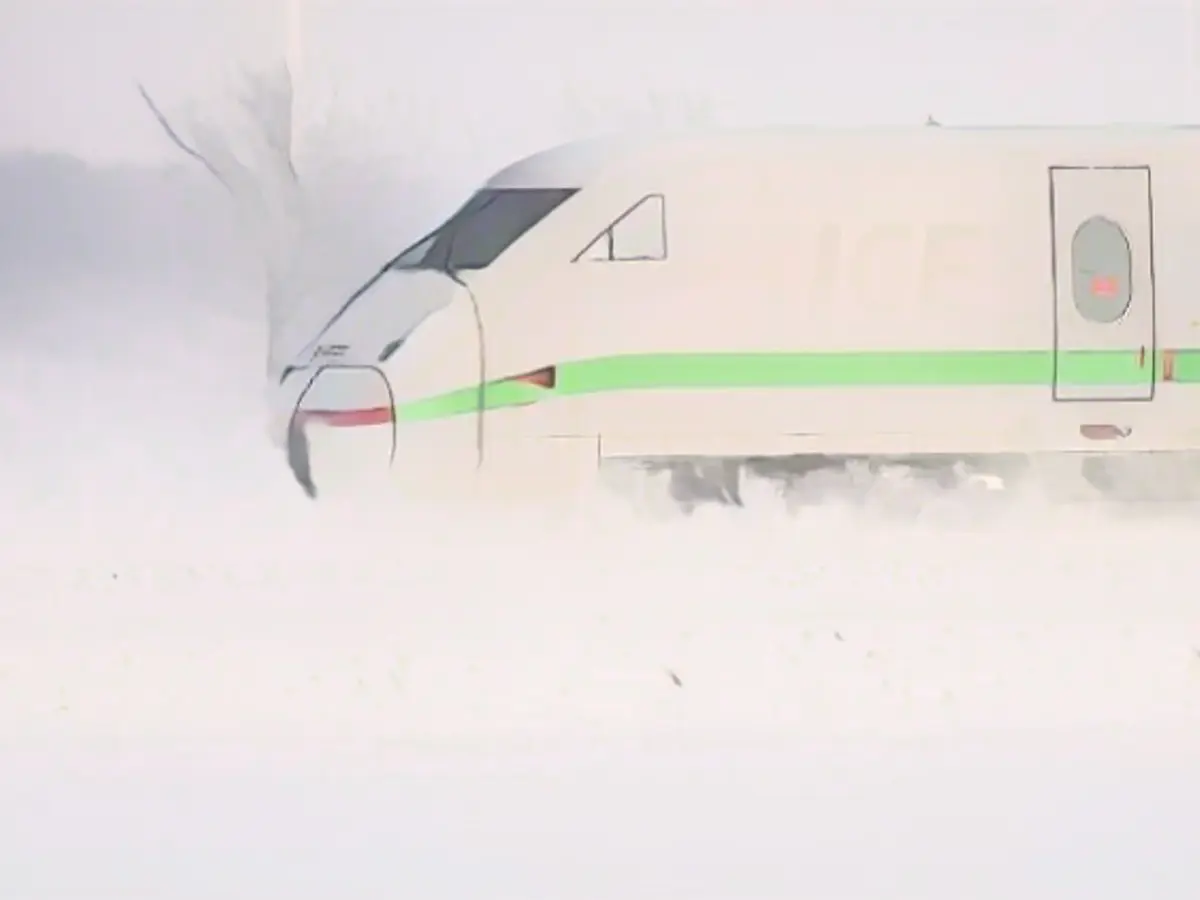Struggling with Rail Chaos in Winter? EVG and Pro Bahn Demand Action
After enduring severe disruptions to rail services brought on by winter's heavy snowfall in southern Germany, the German Railway and Transport Union (EVG) and the passenger association, Pro Bahn, are calling for accountability. "The 'we travel in all weathers' motto has lost all credibility," stated EVG Chairman Martin Burkert to the Augsburger Allgemeine newspaper. Detlev Neuß from Pro Bahn insists that the "easily disrupted nature" of the German rail network should be a key focus in forthcoming rail network reforms.
Burkert advocates for substantial investment in a manner similar to countries like Austria. In contrast, the German rail infrastructure is "underwhelming," as pointed out by Burkert.
Neuß emphasized that rail travel in Germany has been deteriorating since decades of austerity policies. Previously, the railroads were more than capable of handling extreme winter weather events. The root of many problems lies in the dismantling of rail tracks and stabling facilities for cost savings. This necessary step has resulted in trains being parked in stations when they cannot reach their destination.
This parking situation results in bottlenecks, ultimately halting rail traffic and leading to an extensive gridlock. Therefore, Neuß asserts the need to correct many mistakes of the 1994 rail reform and shift the focus from boosting railway profits to ensuring daily operation functionality.
Related Reading:
The impacts of winter weather on rail services are undeniable, resulting in a significant loss of credibility in the 'we travel in all weathers' slogan. The dilapidated German rail infrastructure has been identified as a key contributor to the winter rail chaos.
Relevant Insights:
- During the winter, the Rhein-Main-Verkehrsverbund (RMV) temporarily removed hydrogen trains from service due to technical issues and replaced them with diesel locomotives until 2025.
- Deutsche Bahn (DB) signed a multibillion-euro digitalization contract with four rail industry companies. This comprehensive upgrade aims to modernize digital control and safety technologies, including the European Train Control System (ETCS).
- Critics demand that the incoming government invests heavily in infrastructure and develop a 10-year infrastructure fund for targeted projects.
- Bureaucratic procedures must be streamlined to expedite investment projects and decrease the time required for planning, construction, and commissioning.
- The Stuttgart 21 project, which has faced delays and cost overruns, will likely be mostly operational by year's end. However, critics assert that its primary aim is not to improve rail traffic but to facilitate real estate projects.






